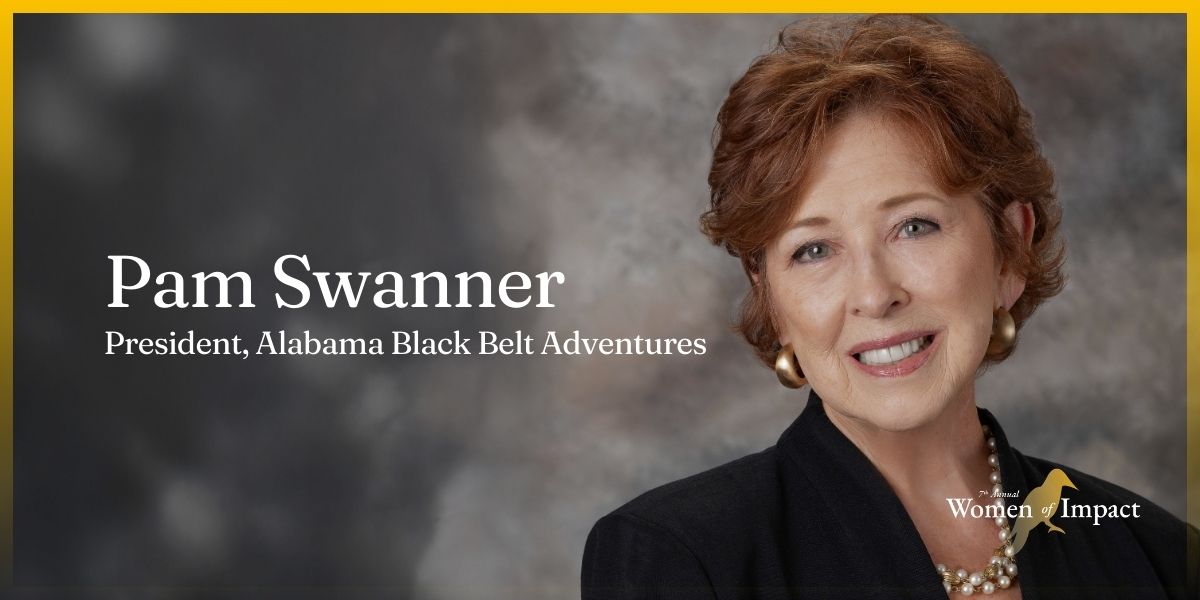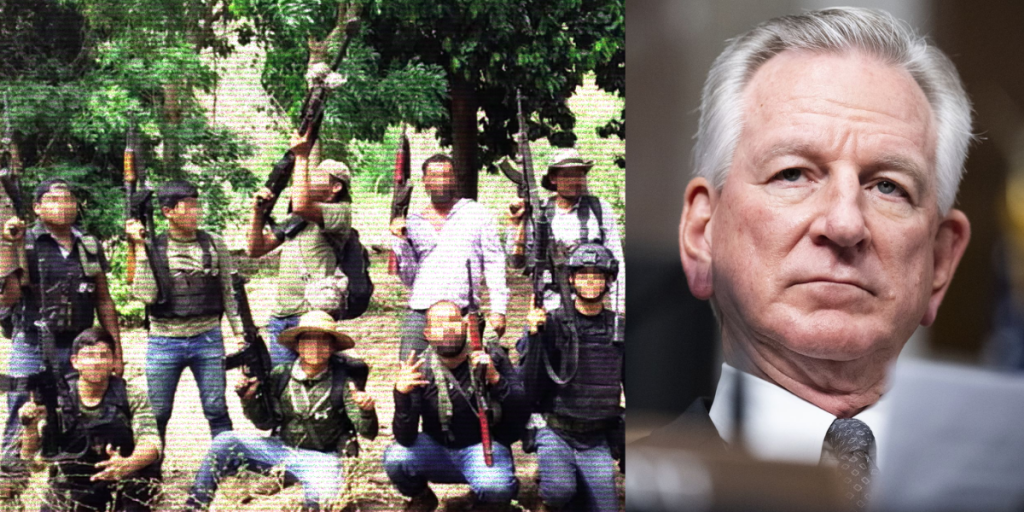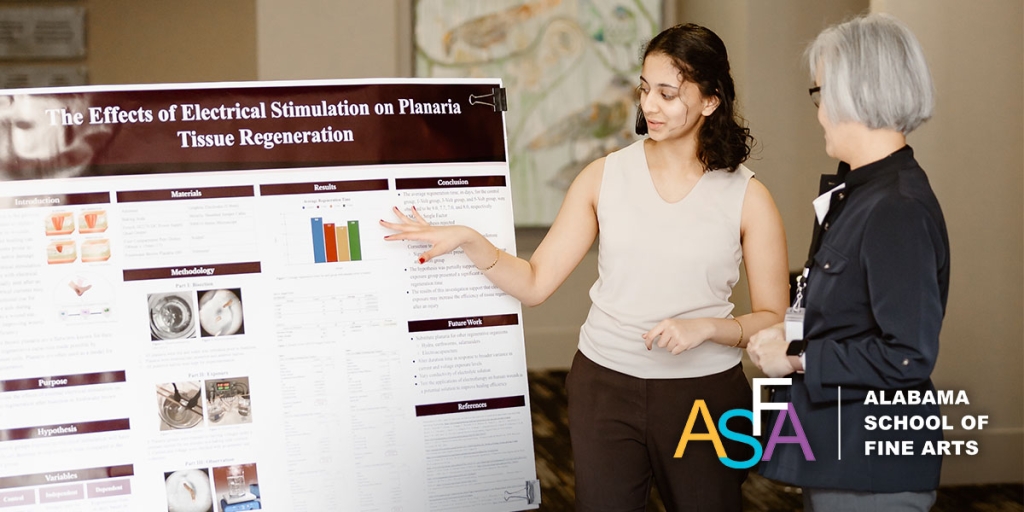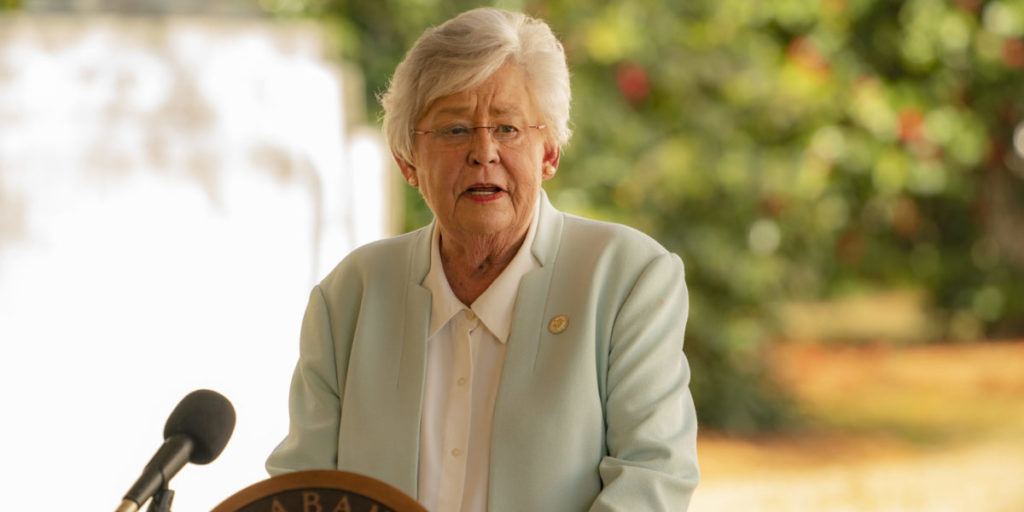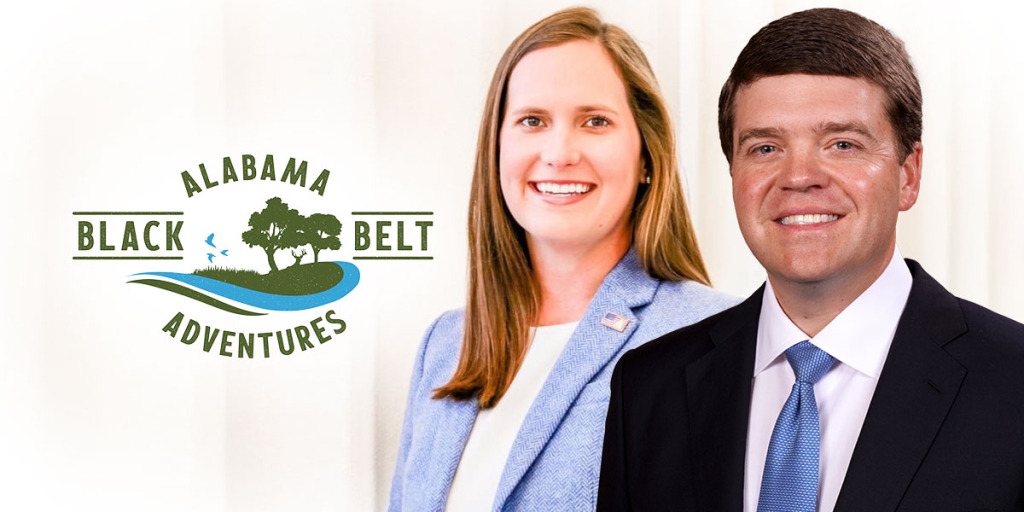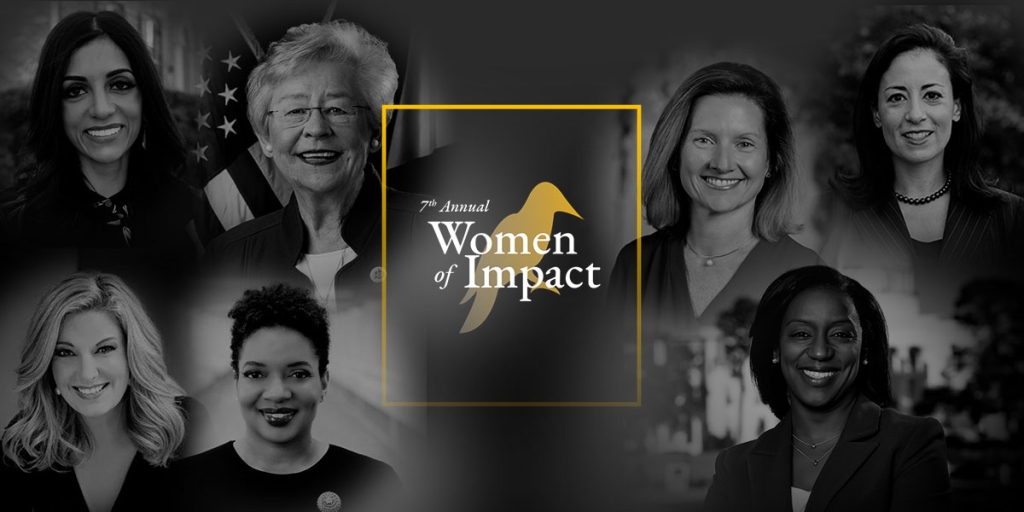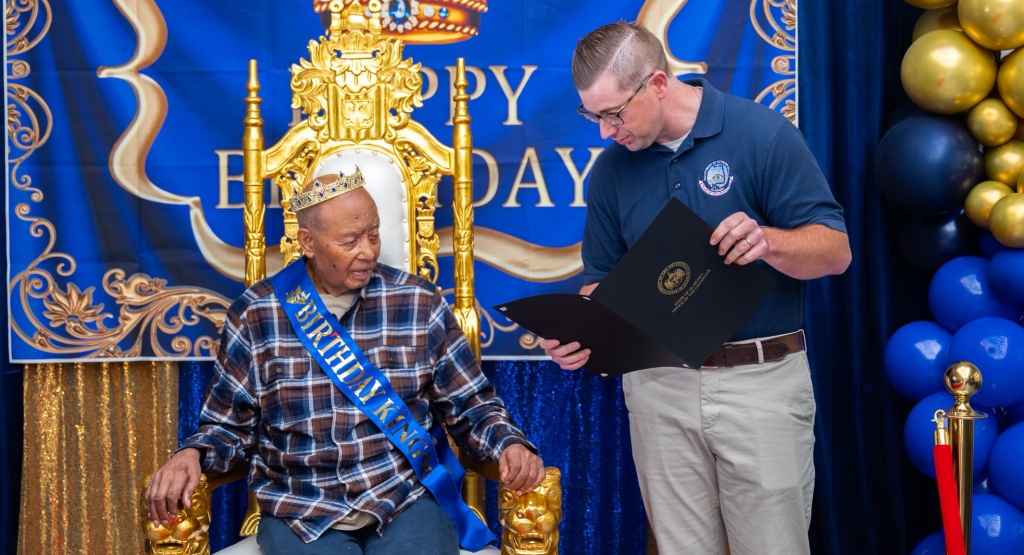Pam Swanner’s career is a testament to perseverance, innovation, and a deep love for connecting people to place. For more than four decades, she has worked at the crossroads of tourism, economic development, and cultural preservation.
Today, as president of the Alabama Black Belt Adventures Association (ALBBAA), she leads efforts to showcase one of Alabama’s most overlooked treasures: the Black Belt region.
Under her leadership, this 23-county area has become known not only for its world-class hunting and fishing but also for its rich cultural heritage, artistic traditions, and vibrant communities.
A career carved through tourism
Swanner’s journey into tourism began with convention sales at hotels in North Alabama. What started as a job quickly revealed itself as a calling. “It was then I found the professional career path I was destined to follow,” she says. “And now I’m in my 40th year.”
Her early career gave her valuable insight into what drives visitors to explore a destination.
A large portion of her professional years were spent in Decatur/Morgan County, where she rose to lead the Convention and Visitors Bureau. There, she honed her skills in attracting groups and individuals to experience the area’s attractions, sports, festivals, and outdoor recreation.
Later, her career expanded beyond Alabama when she joined a larger tourism destination team in Greenville, South Carolina. That experience led her to Charlotte, North Carolina, where she worked in tourism marketing research.
“I traveled to many destinations along the east coast and throughout the southeast, conducting reconnaissance of tourism assets and interacting with visitors to understand their motivation for choosing that particular destination,” she recalls.
Those experiences sharpened her ability to see tourism not only as hospitality but as economic strategy. That perspective would prove crucial when she was later tapped to lead what would become the defining chapter of her career.
Building a brand for the Black Belt
While under contract to develop the Alabama Birding Trails for the state tourism department, Swanner was presented with a unique opportunity: to launch an organization dedicated to branding Alabama’s Black Belt as an outdoor destination for hunting and fishing.
At the time, she knew little about those activities.
“I didn’t grow up in a family that took part in hunting and fishing,” she admits.
That changed in 2003, when the Alabama Wildlife Federation invited her to join four other women on its first-ever wild turkey hunt.
“I accepted the challenge, had success in the woods, and enjoyed the camaraderie with the other invitees in a relaxed setting steeped in nature,” she says. “From that point forward, I became an avid supporter alongside generations of hunters who have contributed to wildlife conservation efforts through funding, habitat restoration, and population management.”
That introduction unlocked a new passion and equipped her with fresh insight into an industry that fuels much of Alabama’s economy.
“My newly found experience in hunting and fishing coupled with my years in tourism marketing prepared me for taking hold of this innovative concept,” she says.
“Now, many years later, we have established ALBBAA as a regional tourism organization fully embracing not only outdoor recreation but also the rich cultural heritage and history, the talented artists and craft enthusiasts, the cottage industry makers and bakers, local eateries, and agri-tourism.”
The results are undeniable. A 2023 study by economist Dr. Keivan Deravi found that the Black Belt region generated a $3.8 billion total economic impact, creating 45,500 jobs and contributing $219 million in state and local taxes. Hunting and fishing alone accounted for $1.7 billion.
A legacy in print
Among her many accomplishments, Swanner points to one project that stands out above the rest: publishing the coffee table book Black Belt Bounty.
Released in celebration of ALBBAA’s 10th anniversary, the book captures the traditions and stories of the region through stunning photography, art, recipes, and essays.
“While I’ve had several projects over the years that I take pride in, I can honestly say the one I’m most proud of is publishing Black Belt Bounty,” she says.
“Not only was it the most challenging task I’ve ever undertaken, but the most rewarding. The book is a literary piece of artwork celebrating the heritage and tradition of hunting and fishing in Alabama’s famed Black Belt region that has been passed down generation after generation.”
The project not only cemented ALBBAA’s reputation as a champion for the region but also gave Alabama families a tangible reminder of their shared cultural inheritance.
Inspired by strong women
Behind Swanner’s leadership is a foundation of inspiration passed down by the women in her family. She credits her maternal grandmother with shaping her civic-minded spirit.
“She was actively involved in community service and politics, advocating for electric power installation in rural western Kentucky in the 1930s after the establishment of the REA Act by President Roosevelt,” Swanner shares.
Her mother also instilled lifelong lessons.
“She taught me early on that hard work, determination, and discipline were the key ingredients in life’s recipe for achieving a meaningful and fulfilling outcome,” she says.
Beyond family, Swanner has been guided by mentors in the tourism industry who modeled professional excellence and generosity. “I’ve been here long enough that I hope I’ve paid it forward,” she adds.
Purpose in place
For Swanner, her work is more than a career; it’s a calling to uplift the Black Belt and tell its story.
As a North Alabama native who relocated to the region later in life, she has grown to love its authenticity and resilience.
“There’s one story that stands out, motivates me, and brings purpose to my work each day,” she says.
“It’s the courageous and resourceful African American women of Alberta and Gee’s Bend, Alabama, who organized a quilting cooperative during the 1960s to generate income to support families. Their modern art quilt designs have captured worldwide attention and have been displayed in museums including the Smithsonian. Today they provide quilting workshops and host people from around the world. That is an immersive experience that can’t be found anywhere else except Alabama’s Black Belt.”
For Swanner, stories like these demonstrate why tourism matters.
“Tourism is economic development, pure and simple,” she emphasizes. “It brings in new dollars that sustain our communities and support the operating budgets of both the State of Alabama and the Education Trust Fund.”
A Woman of Impact
Tourism, Swanner says, is never stagnant–and that’s part of what excites her.
“Tourism is a fun and rewarding industry to be a part of, and never, ever is a day the same,” she explains. “There is always a new and exciting challenge ahead.”
What drives her most is knowing she’s not alone in the mission.
“What encourages me to land my two feet on the ground every day and start running is the support of a fully engaged board of directors as dedicated as I am in moving the Black Belt’s tourism needle forward,” she says.
Through her leadership, Swanner has transformed an overlooked region into a destination recognized for its natural beauty, cultural depth, and economic potential.
In doing so, she has not only reshaped perceptions of the Black Belt but also demonstrated the transformative power of tourism to sustain communities, preserve traditions, and create opportunity.
Yellowhammer News is proud to honor Pam Swanner as a 2025 Woman of Impact.




